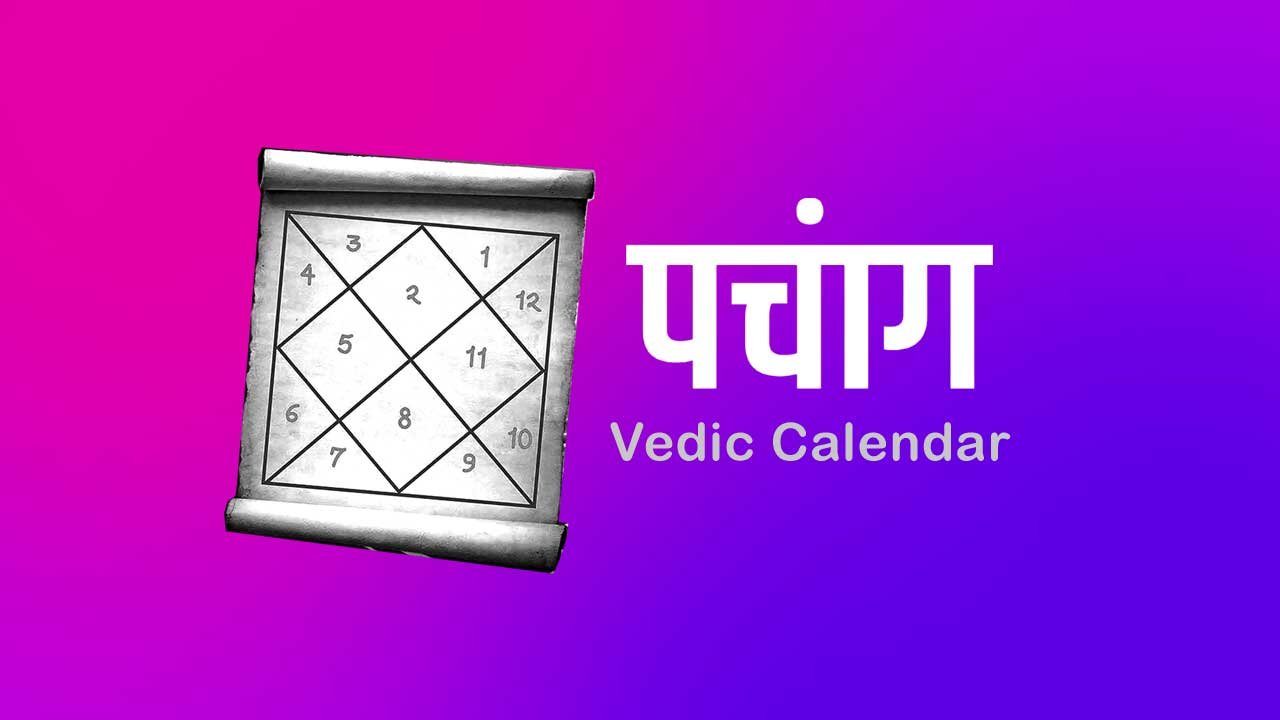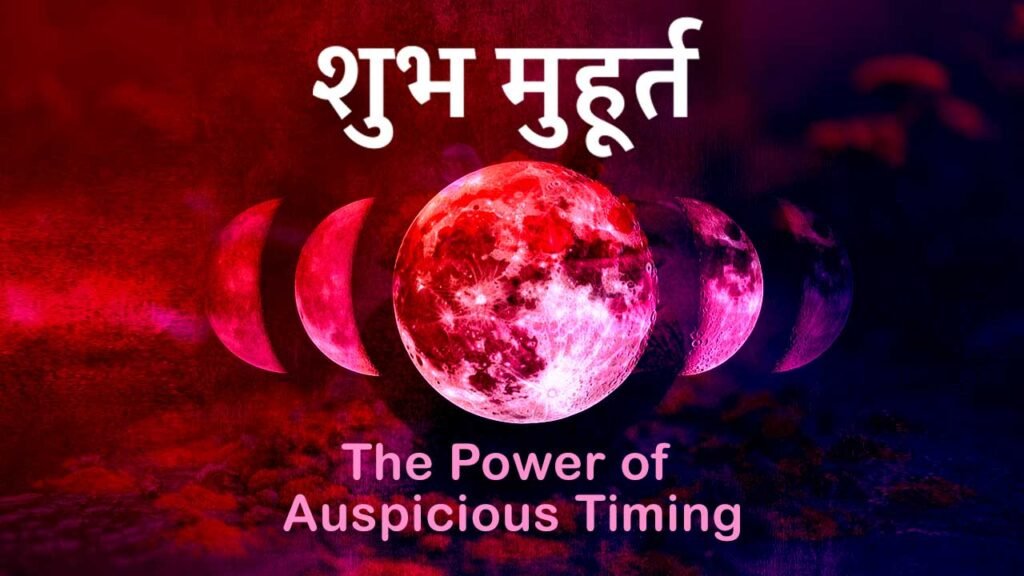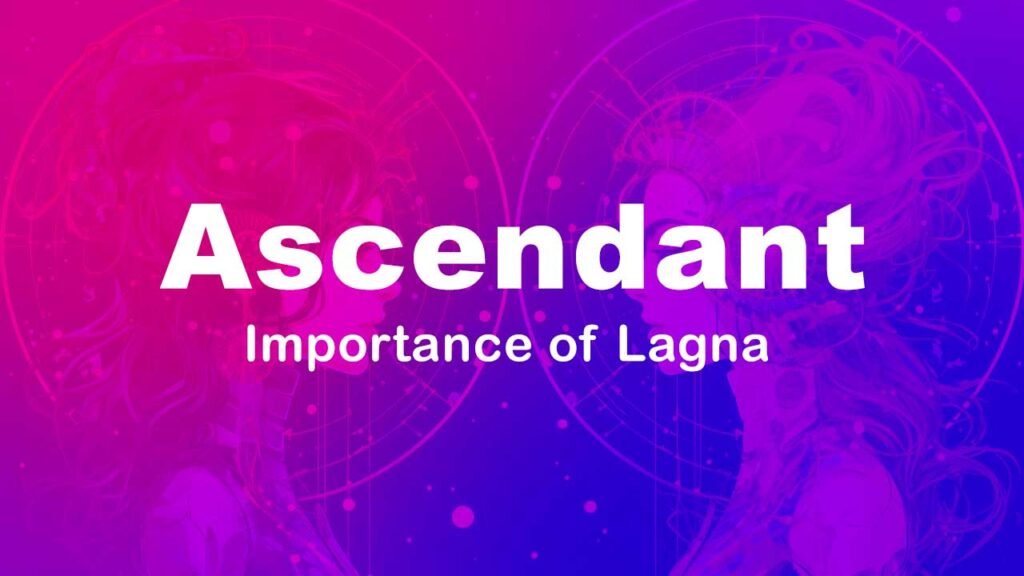Panchang, a cornerstone of Vedic astrology, holds immense significance in human life by serving as a celestial guide to navigate daily activities and long-term goals. Derived from the Sanskrit words “Pancha” (five) and “Anga” (parts), Panchang combines five critical elements—Tithi, Vaar, Nakshatra, Yoga, and Karana—to create a comprehensive almanac. In today’s fast-paced world, the Panchang remains a timeless tool for balancing modern living with ancient wisdom.
What is Panchang?
The Panchang is a traditional Vedic calendar that provides insights into planetary alignments and their impact on human endeavors. It is deeply rooted in astronomical science and serves as a roadmap to select auspicious timings, avoid inauspicious ones, and harmonize life with cosmic rhythms.
The Five Components of Panchang:
- Tithi (Lunar Day): Determines the moon’s influence on emotions and mental health.
- Vaar (Day of the Week): Each day is ruled by a specific planet affecting energy levels and activities.
- Nakshatra (Constellation): Represents 27 lunar mansions that shape personality and decision-making.
- Yoga (Conjunction): Combines the sun and moon’s positions to define prosperity and challenges.
- Karana (Half of a Tithi): Determines the success of actions initiated during a specific period.
The Relevance of Panchang in Daily Life
1. Decision-Making and Planning
Whether planning a wedding, starting a business, or undertaking a significant journey, Panchang guides individuals toward auspicious timings, called Shubh Muhurat, ensuring positive outcomes. Avoiding inauspicious periods like Rahu Kaal can mitigate risks.
2. Strengthening Personal Growth
The Nakshatra and Yoga of a particular day influence human behavior, making Panchang an essential tool for personal and spiritual growth. For instance, starting meditation or learning a skill under a favorable Nakshatra accelerates progress.
3. Harmonizing with Nature
Panchang helps align activities with nature’s cycles. Farmers, for example, use Panchang to determine the best times for sowing and harvesting crops. Similarly, fasting and rituals based on lunar phases promote physical and mental well-being.
Panchang’s Role in Business and Career
1. Corporate Success
Astrology-driven companies consult Panchang for critical business decisions like launching new products or entering markets. Shubh Muhurats boost the probability of success, while unfavorable periods are avoided for major investments.
2. Employee Productivity
Organizations can use Panchang to schedule high-stakes meetings and events on favorable days, improving focus and collaboration.
Importance of Panchang in Health and Wellness
Panchang aligns with Ayurveda to identify the best days for detoxification, treatments, or surgeries. Observing planetary transits and Nakshatra timings ensures better recovery and mental balance.
How Modern Technology Enhances Panchang Usage
Incorporating Panchang into daily life has become more accessible with apps and online platforms providing personalized astrological reports. Integration with digital tools allows users to receive real-time insights on auspicious times and planetary influences.
The Future of Panchang in Human Life
In an age where uncertainty prevails, Panchang serves as a reliable guide to make informed decisions. By bridging traditional wisdom with modern technology, Panchang ensures humanity stays connected to cosmic energies, fostering success, health, and spiritual balance.
The Panchang isn’t just a relic of ancient times; it’s a dynamic tool for modern life. Whether you’re seeking spiritual growth, professional success, or personal harmony, the Panchang provides an invaluable roadmap. Incorporate its wisdom into your daily routine and experience life’s transformations in alignment with the cosmos.
Download the Kundali Card to get the most precise predictions according to Vedic Panchang.



